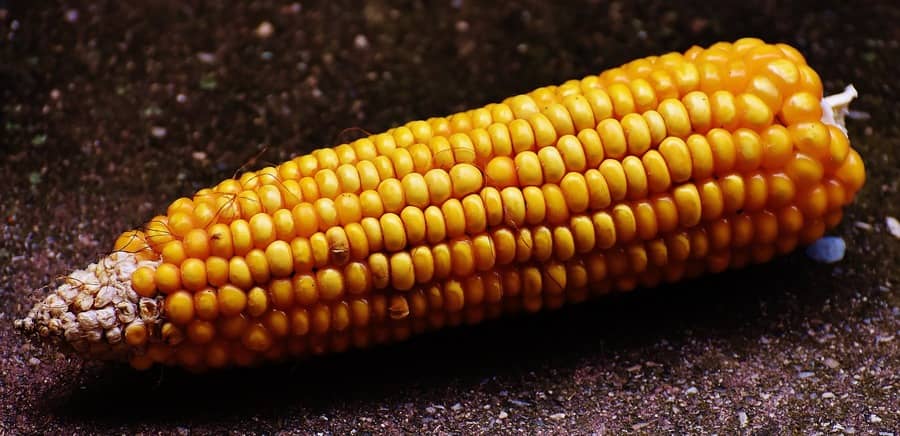Porto Alegre, May 30, 2022 – The corn harvest has started in Mato Grosso and must advance in other states in June and July. A strong harvest, with a record second crop that will have additional issues, such as space and necessary liquidity for growers. No matter how optimistic one tries to be about exports (as we have pointed out, there is external demand for good Brazilian exports), the pace of shipments does not meet the immediate needs of growers. Trading companies have their shipping and payment deadlines, while growers want immediate withdrawal and short-term payment. All this is due to the excess retention of soybeans in warehouses. Now, the sanitary agreement with China must help Brazil to consolidate itself as an option for importers, news that had a strong impact on the domestic market last week.
The attempt to finalize a sanitary agreement for corn with China had been going on for a while. Last week, the two governments finalized an advance on the agreement, which will allow for trade flow with less risk to contracts due to health issues. Without Ukraine, with low stocks in the United States and the worst Chinese wheat crop in history, China finally agreed to move forward with the phytosanitary agreement. There are still several details to be defined involving the profile of the transgenics used in Brazil, but they must not be an obstacle to business advances, since today we plant GMOs with US proteins and China imports from the United States. A few years ago, there was a serious legal conflict with the shipment of unauthorized transgenic corn to China, and the domestic setback was immediate for US growers.
Now, with the agreement closed, flows can occur more easily and with fewer legal restrictions for breach of contracts because of health issues. But this does not mean China will make aggressive purchases in Brazil right now nor immediately jeopardize the supply in Brazil. Of course, this is yet another major importer, which is already established in Brazil in the case of soybeans and would have no difficulties in advancing into corn purchases. But China will not buy 10 million tons from Brazil this year, unless the US crop has problems. China is planting a good crop, which will enter the market in October/November, has already exchanged its commitments from Ukraine to the United States, and seems to hold good stocks until the arrival of its own crop. Of course, China can buy some volumes from Brazil this year, at least to test the feasibility of the agreement.
The situation that we need to assess now is that with premiums rising a lot in the Gulf of Mexico, global demand – and not China – will have a strong interest in Brazilian corn in the second half of the year, as we have already mentioned in our newsletters. So, without China, we will already have good international demand to reach 35 million tons in exports this year.
In this environment, the Brazilian second corn crop is arriving, with the harvest starting in Mato Grosso and in June in several locations of the country. Even with good export demand, we must understand that trading companies are buyers who focus on scheduled shipments and payments. Therefore, if there is selling pressure by growers for immediate withdrawal/delivery and short-term payment, domestic prices will not be able to gain strength at the arrival of the second crop. On the contrary, there may be greater pressures. There is excellent export demand from September to January, regardless of China, which has not yet shown up in Brazil for purchases.
In this first half of the business year, we are accumulating 3.6 million tons in exports. June started to register the first shipments, but this is still a small volume to provide liquidity and speed of flow for the June harvests. Depending on the buying attitude of the domestic market, this flow of liquidity can help. This is all because growers still have a lot of soybeans in warehouses and will put pressure on corn sales due to space or cash. Only exports, with or without China, are unable to provide such liquidity to avoid selling pressures at this harvest.
Agência SAFRAS Latam
Copyright 2022 – Grupo CMA

